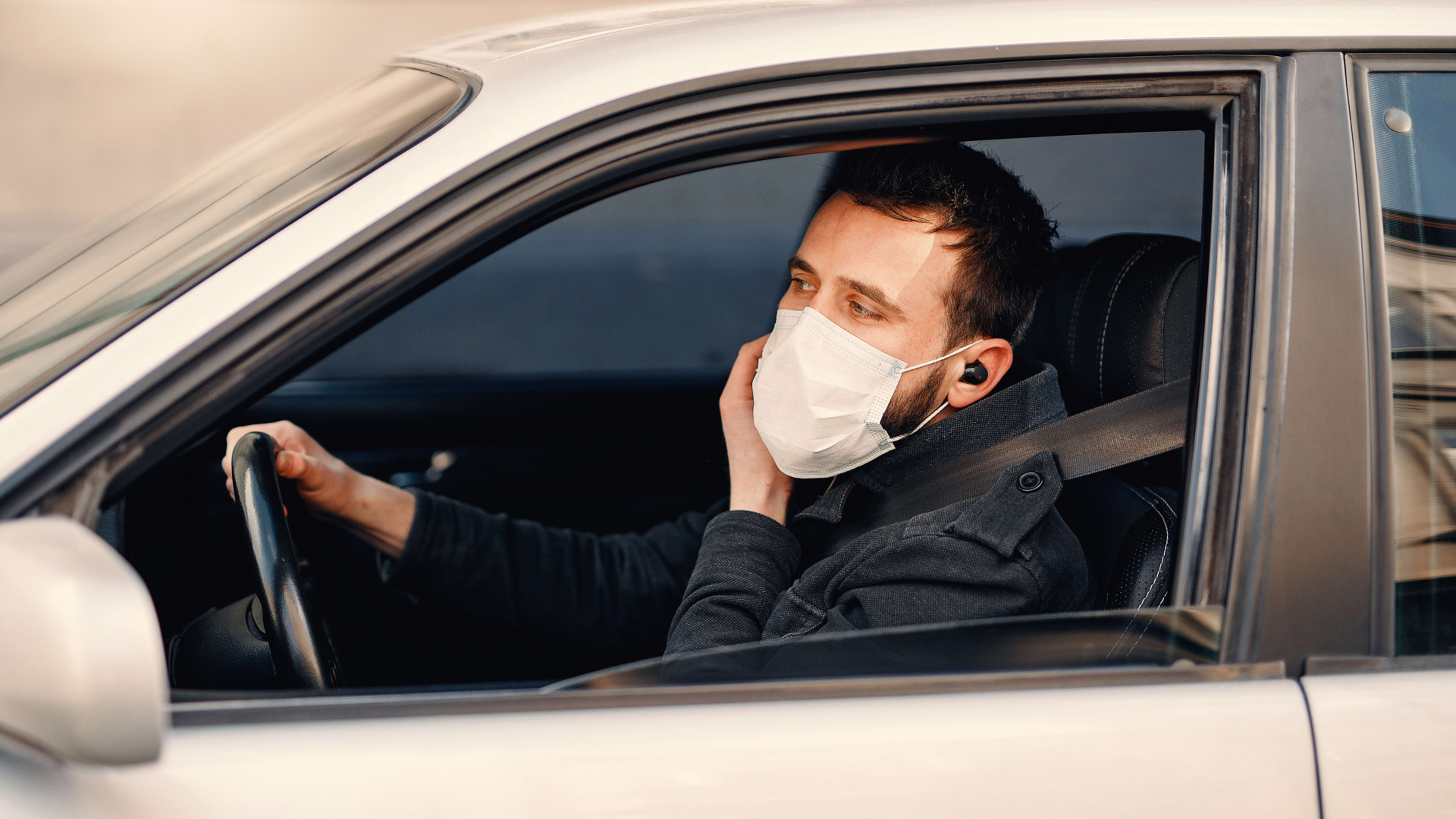A new report from the United Nations is warning that diseases that pass from animals to humans—such as COVID-19, which scientists believe originated in bats—could become more common in the future.
These pathogens, referred to as “zoonotic” diseases, are emerging with increasing frequency due to stresses placed by humans on animal habitats, the report says. Such stresses, including deforestation, wildlife exploitation, resource extraction, climate change, and unsustainable farming practices, put humans and animals in increasingly close quarters, facilitating the jump that viruses can make from animal to human hosts.
Ebola, West Nile, malaria, MERS, and SARS are all zoonotic diseases that have devastated human populations in the past. And according to the UN, neglected zoonotic diseases continue to kill an estimated 2 million people every year—mostly in low- and middle-income countries—and have caused economic losses of over $100 billion since the turn of the century. That figure doesn’t include losses from COVID-19, which are forecast to reach $9 trillion in the next few years.
Unless governments take measures to limit the crossing of zoonotic diseases into human populations, we can expect more outbreaks to come, says the UN. Its report offers 10 recommendations to prevent pandemics, chief among which is the interdisciplinary “One Health” method, which unites public health, veterinary, and environmental expertise under one coordinated effort. Other recommendations include supporting the sustainable management of landscapes and seascapes, and developing food security alternatives that do not cause the destruction of animal habitats.
“The science is clear that if we keep exploiting wildlife and destroying our ecosystems, then we can expect to see a steady stream of these diseases jumping from animals to humans in the years ahead,” United Nations Environment Programme director Inger Andersen said in a statement. “To prevent future outbreaks, we must become much more deliberate about protecting our natural environment.”
Recognize your brand’s excellence by applying to this year’s Brands That Matter Awards before the early-rate deadline, May 3.
